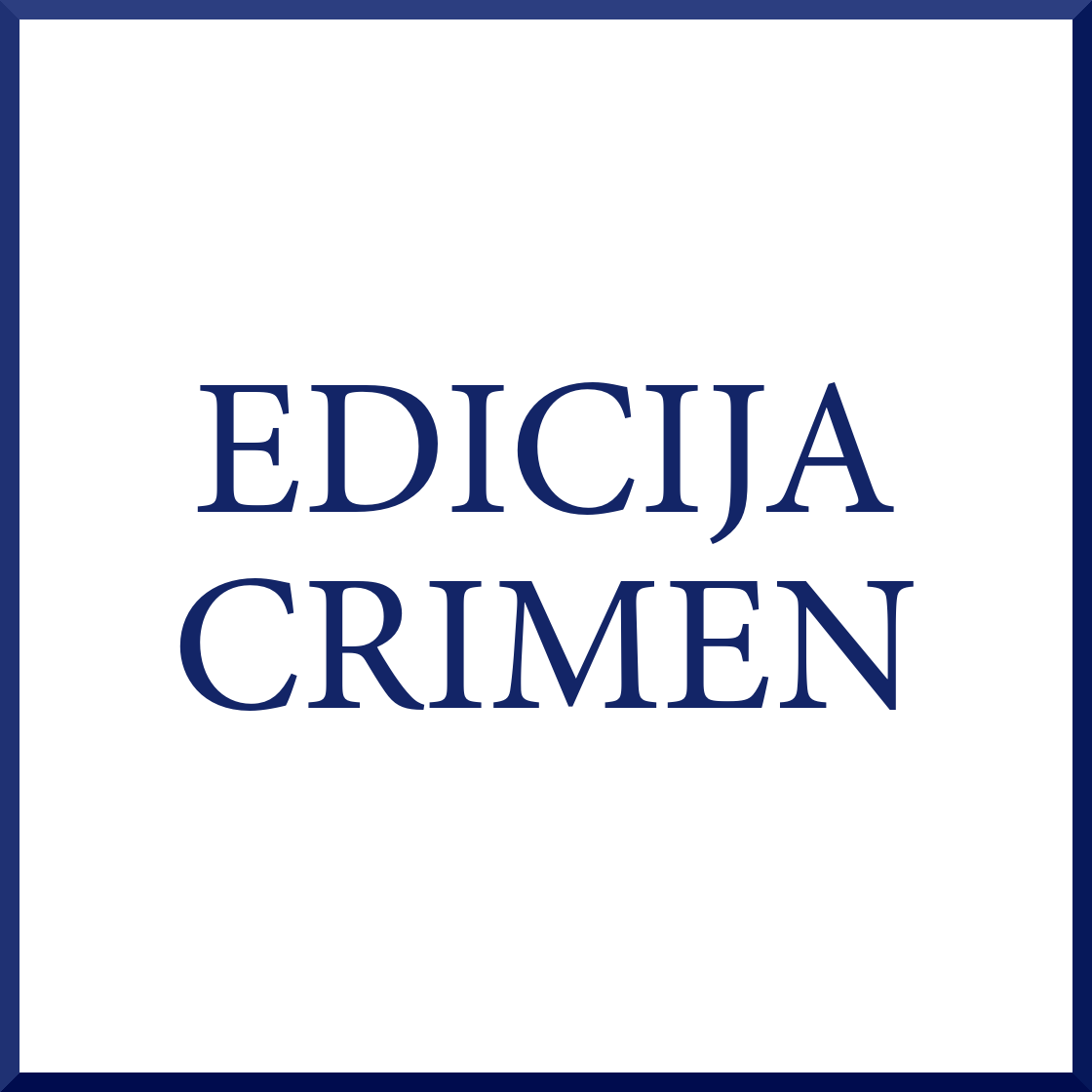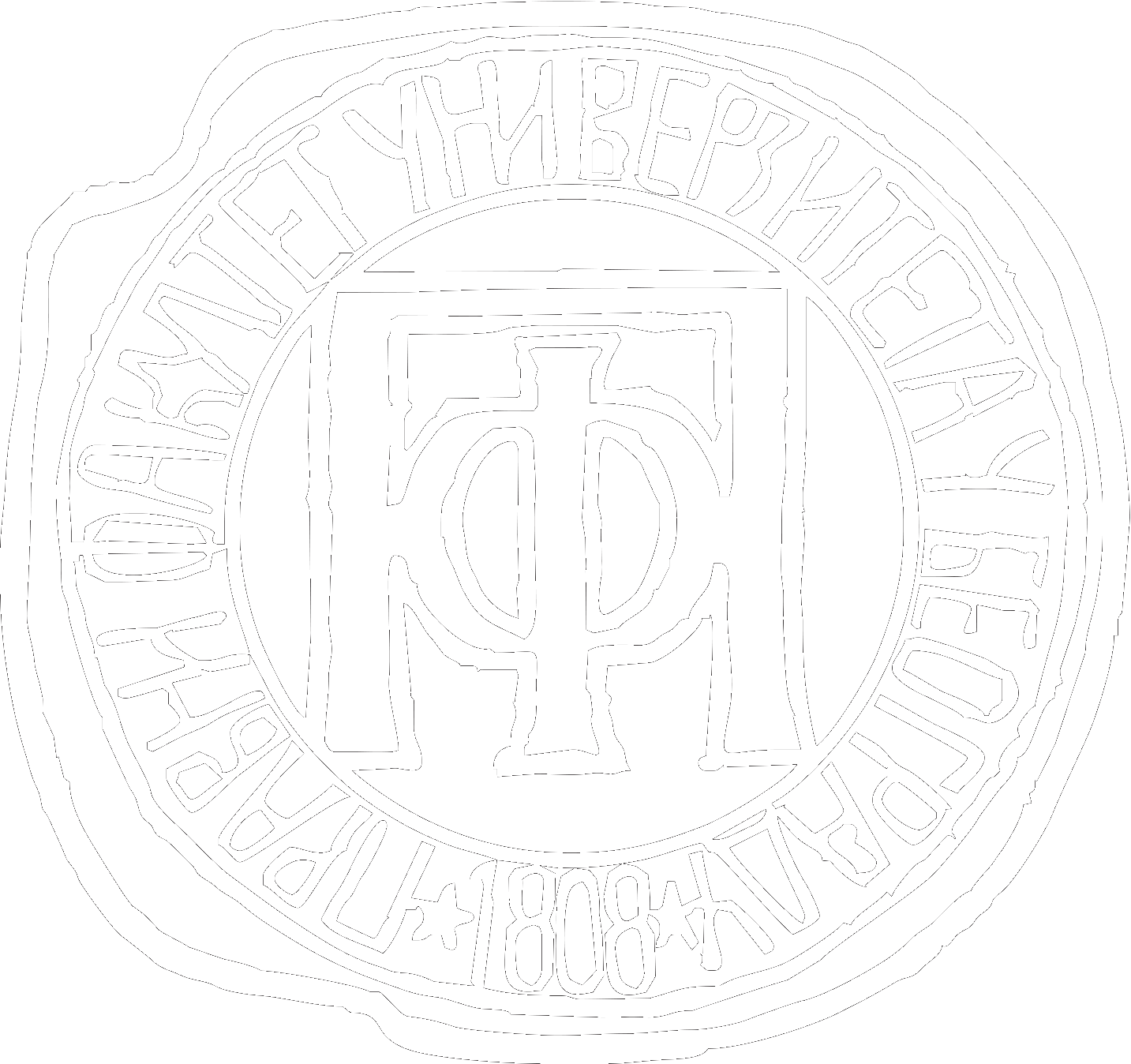New context of studying and normative frame of criminality
Keywords:
criminology; neoliberalism; harm; principle of legality; specifying punish abilityAbstract
Contemporary world has changed. Neoliberalism and globalisation have certain consequences in the field of criminal law. Concept of harm, instead of criminal act, penal populism and using a criminal law as instrument of regulation for various social problems are examples. Where law should be defined by harm, at the moment harm is defined by law, with all the concessions to political power that this idealist inversion of reality demands. In the second part of this text, the author attempts to point out problems that emerge in the presumed coherence of the criminal law. If we start with hypothesis that all basic terms and subterms are unambiguous or at least sufficiently defined, that the following of the principle of legality and comprehensible legal criminal policy includes a series of compatible terms and have unambiguously correct implementation, the analysis is aimed at examining the foundation of these presumptions. The questions are not new and they boil down to the following: a relation between the principle of legality and implementation of the idea of protection of human rights within the criminal justice system, and a policy of criminal legislation which can be recognised in the text of the law and more detailed specifying of punishability by observing relation between criminal and misdemeanour legislation. Having analysed all the segments of the raised question, it is concluded that the doctrine should affect the reinterpretation of the role of legal and extralegal influence on the principle of internal 'regulation' of the criminal law and principle of legality itself.
Downloads
References
Brown, W. 2015. Undoing the Demos: Neoliberalism’s Stealth Revolution. New York. https://doi.org/10.2307/j.ctt17kk9p8
Crouch, C. 2000. Coping with Post-Democracy. Post-Democracy.pdf.
Delić, N. 2013. "Nova rešenja u glavi krivičnih dela protiv javnog reda i mira (XXXI)." Anali Pravnog fakulteta u Beogradu, no. 2.
Dimitrijević, N. 2016. "Ustavna teorija u doba krize: moć, pravo i moral." Reč, no. 86/32.
Hall, S. 2014. "Synopsis of Theorizing Crime and Deviance." Journal of Theoretical & Philosophical Criminology, no. 6 (2).
Harašić, Ž. 2009. "Dometi sistematskog tumačenja u pravu." Zbornik radova Pravnog fakulteta u Splitu, no. 2.
Khare, R. 2016. "Benefits that a Zemiological Approach Can Bring to the Study of Global Crime and Insecurity." International Research Journal of Social Sciences, no. 5 (5).
Lea, J. 2002. Crime and Modernity: Continuities in Left Realist Criminology. London.
Lukić, R. 1954. Teorija države i prava II. Beograd.
Merle, R., and A. Vitu. 1981. Traite de droit criminel. Problemes generaux de la science criminelle. Droit penel general. Paris.
Milovanović, D. 2005. "Pravna definicija zločina – jedan alternativni pogled." Anali Pravnog fakulteta u Beogradu, no. 2.
Pratt, J., and M. Miao. 2017. "Penal Populism: The End of Reason." The Chinese University of Hong Kong, Faculty of Law, no. 02.
Simović Hiber, I. 2007. "Sistem rasprava o ideji vladavine prava, osnovama krivičnog zakona, pojmu zločinačke grupe i internacionalizaciji krivičnog prava." Beograd.
Stojanović, Z. 2011. Krivično pravo – Opšti deo. Beograd.
Stojanović, Z., and O. Perić. 2009. Krivično pravo – Posebni deo. Beograd.
Živanović, T. 1921. Sistem sintetičke pravne filozofije. Beograd.

Downloads
Published
How to Cite
Issue
Section
License
Copyright (c) 2018 Ivana Simović Hiber

This work is licensed under a Creative Commons Attribution 4.0 International License.
The authors retain copyright and grant the journal the right of first publication, allowing others to share the work with proper attribution to the authors and acknowledgment of its original publication in this journal.










